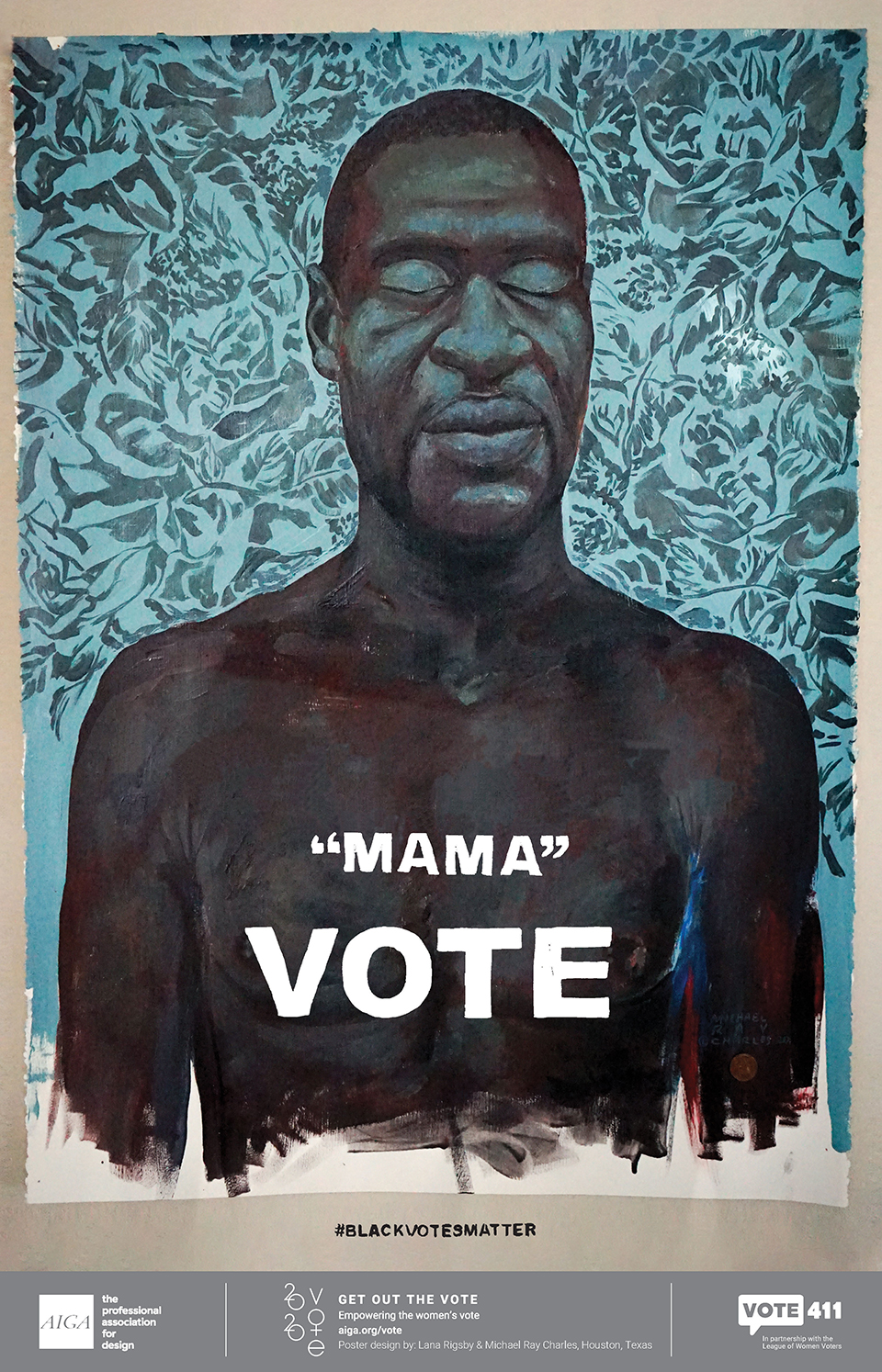Deb Says: The Sorrows of a House Divided

Mom died last Tuesday. I begged her to stay to see the coming spring. She was struggling with anxiety, depression, confusion, and was unable to manage her medicine by herself to keep the demons at bay. She was able to enjoy reading, a grilled cheese sandwich and her daily glass of wine. She had friends and neighbors to look in on her and scheduled visits from caregivers. She lived far from each of her five children and their families. She could be stubborn and did not like to be told what to do or how to do it. It was a rule in our family that we did not say “no” to Mom.
Mom made it a special point to have individual time with each of us so she could spread out the visits, pay and be paid special attention and have someone near throughout the year. While I believe this served her desires quite well, it created a large gap in communication and a barrier to us understanding and upholding each other as siblings. None of us knew what the others knew or experienced with Mom and she demanded our allegiance in not talking behind her back. When it came time to plan together with Mom for her well-being, and as she declined and needed greater advocacy and support, I had no power to stand up to her and insist she make a transition to a life with continued pleasures and satisfaction.
Though she said she wanted to die, I believe she wanted relief from pain and suffering. In her final weeks her moods and activities fluctuated. There was no access to overnight home care available in her community. She loathed the idea of leaving her own house and the independence she felt there. Yet, each time she would venture out to the library, her book group, church or the Y, she would rise out of her fears of loneliness and confusion and connect with others.
When she was able to gain release from the stories of doom in her head and give of herself to others, entertain them with her wit and charm, she experienced pleasure and well-being. In each of our phone conversations she would make momentary reference to thinking she was losing her mind or how hard the nights were. I sympathized then asked for a story or what kind of wine she was drinking, how was it going with her man crush, Tom Selleck on “Blue Bloods,” or what birds was she spotting at her feeder. Always the conversation lifted us out of ourselves and into the peace and pleasure of being alive in that particular moment.
I believe if Mom had been told she had some choices but none of them was to cease living; if she had been taken to safety and ongoing care and support — she would be sitting now in a fireplace lounge, a book in her lap, a glass of wine on the table near the Scrabble board and throwing her head back in a full gloat over laying down a 143 point first play of the game, her opponent unsurprised and accepting defeat by the champion.
Mom, today the deep snow is melting under the coming spring’s blue sky and I so wish you had stayed to feel its warmth on your skin and drink wine on your front porch swing. I am consoled in the vision your firstborn granddaughter, Tamara received as a gift for her loss. In it you and Sierra Grace (your great grand girl, gone now these 18 years) walk together, barefoot along a heavenly path through tall pines. Sierra has grown tall and beautiful. Her African heritage hair has a golden glow and is long and wide around her head. Her arm circles your waist, your arm circles hers. You are walking away from this world and into the next. She gestures and points along the pathway at beautiful birds, the likes of which you’ve never seen. They soar, flutter near and sing the most magical of songs. Your Sierra Grace walks with you to a place of great comfort and rest.
Deborah Padgett is a writer and visual artist. Her novel, A Story Like Truth, is available online and at SubText Bookstore in St. Paul. See padgettstudios.com.



